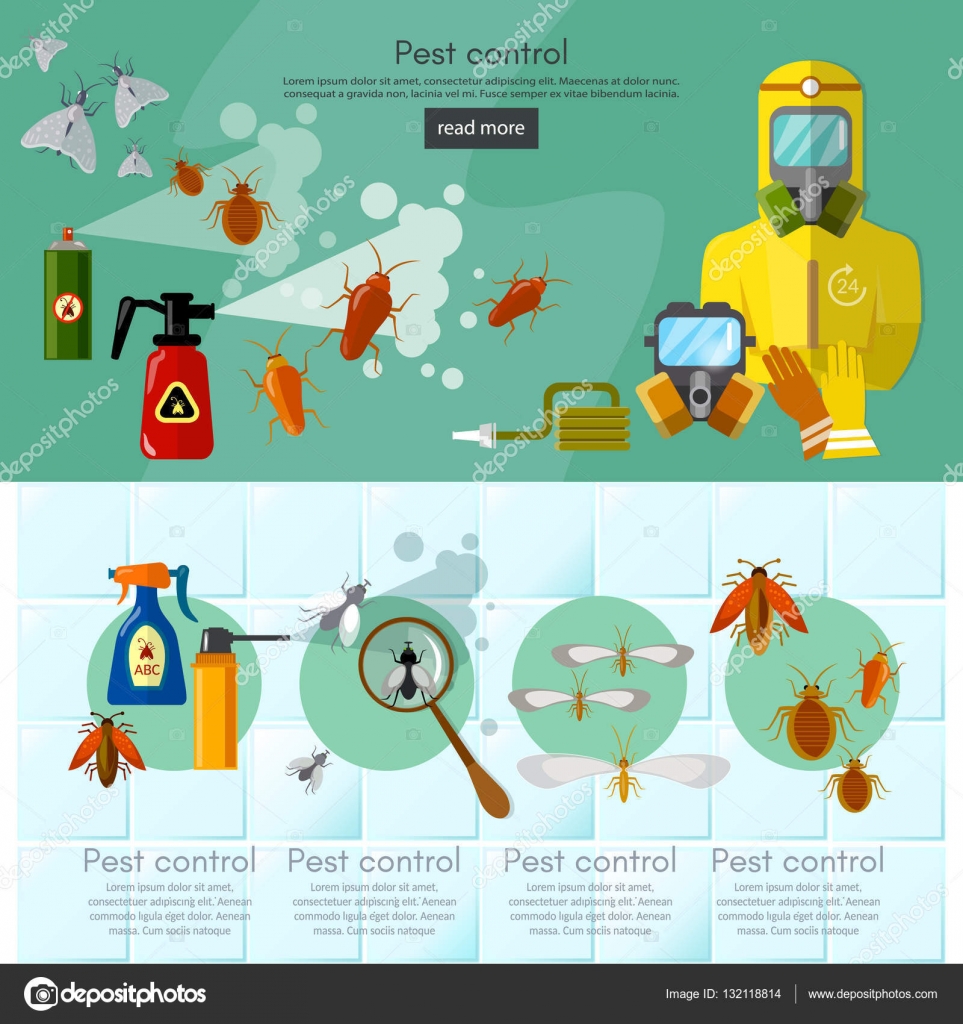Safeguarding Your Yard From Vermins: Techniques For A Pest-Free Outdoor Area
Safeguarding Your Yard From Vermins: Techniques For A Pest-Free Outdoor Area
Blog Article
Author-Vang Pittman
Visualize your yard as a refuge, a location of peace and charm. Nevertheless, the presence of exterior parasites can quickly disrupt this picturesque picture. Suppose there were https://howtoremovesnakescomcased72839.weblogco.com/26622066/acknowledging-regular-indicators-of-termite-presence-in-your-residence-an-in-depth-handbook yet effective ways to keep these undesirable visitors away and safeguard your yard sanctuary? By complying with a couple of functional pointers and applying natural strategies, you can create an unified outside area where your plants can grow undisturbed.
Natural Bug Deterrents
To maintain insects far from your garden naturally, plant fragrant natural herbs like mint and lavender. These fragrant plants not just add beauty to your yard but additionally work as reliable insect deterrents. Insects like insects, flies, and also some garden-damaging insects are pushed back by the solid aromas emitted by these natural herbs. Just placing them purposefully around your yard can help produce an all-natural obstacle versus unwanted insects.
In addition to mint and lavender, take into consideration planting various other herbs like rosemary, basil, and lemongrass to even more boost your garden's pest-proofing abilities. These herbs not only serve as natural repellents however additionally have actually the added benefit of being useful in cooking or crafting homemade solutions.
Strategic Plant Positioning
Consider the design of your garden and the types of plants you have to purposefully position them for optimum pest-proofing efficiency.
Start by grouping plants with similar resistance to parasites together. By doing this, you can produce a natural obstacle that prevents parasites from spreading throughout your garden.
Additionally, positioning pest-repelling plants like marigolds, lavender, or mint near more prone plants can help protect them. High plants, such as sunflowers or corn, can work as a shield for much shorter plants versus pests like rabbits or ground-dwelling bugs.
Keep in mind to leave adequate space between plants to boost air flow and reduce the risk of illness that pests might lug.
In addition, take into consideration planting strong-smelling natural herbs like rosemary or basil near vulnerable plants to perplex bugs' senses and make it harder for them to situate their targets.
Efficient Bug Control Methods
For combating yard pests properly, carrying out a multi-faceted parasite control strategy is vital. Start by motivating outdoor flea control like birds, ladybugs, and praying mantises to help keep parasite populations in check. Introducing plants that draw in these useful bugs can assist in pest control. In addition, practicing good yard health by removing debris and weeds where bugs might conceal can make your garden less congenial to undesirable site visitors.
Think about making use of physical barriers such as row cover textiles or netting to safeguard at risk plants from pests like caterpillars and birds. Applying organic pesticides like neem oil or insecticidal soap can also work against specific parasites while being less unsafe to useful pests and the atmosphere. It's vital to rotate your crops each period to stop the buildup of parasite populaces that target details plants.
Frequently examine your plants for signs of insect damage so you can act without delay. By incorporating these approaches and remaining watchful, you can effectively control yard bugs and enjoy a flourishing, pest-free garden.
Conclusion
So, there you have it - with the appropriate approaches, you can keep pesky outside pests away from your garden and aid your plants thrive.
Did you recognize that planting mint has been shown to push back mosquitoes and other insects, reducing the need for unsafe chemicals by as much as 60%?
By incorporating helpful resources -natural deterrents and clever planting strategies, you can develop a stunning and pest-resistant garden sanctuary for you to appreciate.
